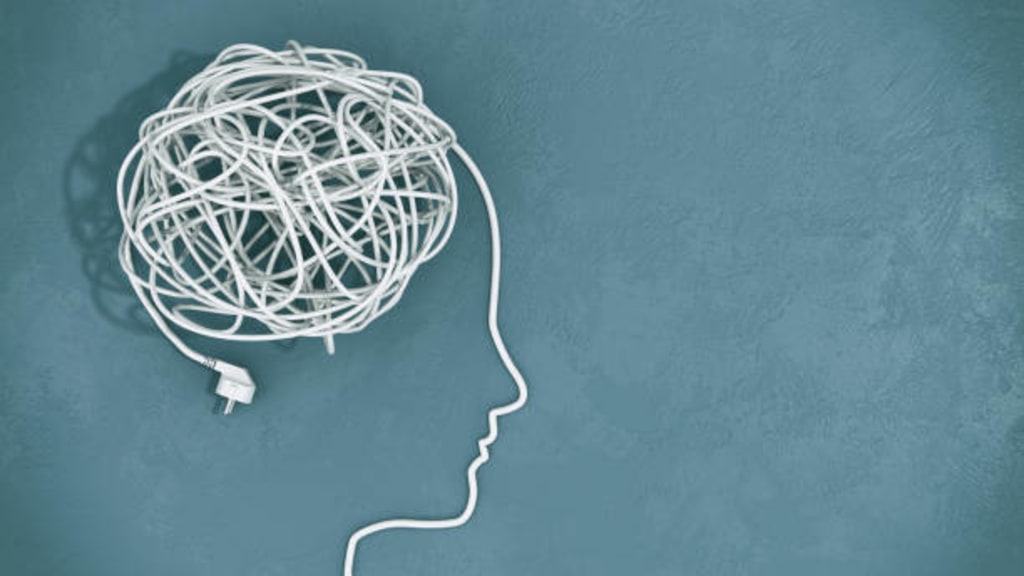
In a not-so-distant future, humanity had made a stunning discovery. Dr. Emily Clarke, a brilliant neuroscientist, had developed a revolutionary technology known as the "Memory Exchange." It allowed people to transfer their memories to others, providing a glimpse into another person's life. It was a breakthrough that promised to bridge gaps in empathy and understanding, but it also raised profound ethical questions.
Emily, driven by her passion for neuroscience and human connection, had spent years perfecting the Memory Exchange. The device resembled a sleek helmet with electrodes that connected to the wearer's temples. It could record, store, and transfer memories with remarkable precision.
The world watched in awe as Emily demonstrated the device's potential. At a TED-like conference, she donned the helmet and shared a memory of her childhood, allowing the audience to experience her first bicycle ride. The sensation of wind on their faces and the thrill of freedom left the audience speechless. The Memory Exchange had the power to bring people closer together by letting them truly understand each other's experiences.
Yet, as with any groundbreaking technology, there were unintended consequences. Privacy concerns arose, as people worried about their memories falling into the wrong hands. Skeptics questioned whether sharing memories would genuinely foster empathy or merely serve as a voyeuristic pastime.
Emily knew the potential risks but believed in the device's power to unite humanity. She was determined to address these concerns and ensure the Memory Exchange's responsible use. She partnered with Dr. Marcus Turner, an ethicist, to develop guidelines and safeguards.
Together, they implemented strict consent protocols, ensuring that memory sharing was voluntary and that users could control which memories they shared. They also established "Memory Counselors" who guided users through the experience and provided psychological support.
The Memory Exchange's official launch came with cautious optimism. People were eager to explore the memories of others, to walk in someone else's shoes. Emily hoped it would promote empathy, understanding, and compassion.
Jenna Mitchell, a journalist with a reputation for skepticism, volunteered to be among the first to use the Memory Exchange. She chose to experience the memories of a firefighter named David Richards, who had saved lives during a devastating wildfire.
As Jenna donned the helmet, she felt a surge of anticipation. She watched David's memories unfold before her eyes. She felt the heat of the flames, the weight of the equipment, and the adrenaline rush as he rushed into the inferno. Tears welled in her eyes as she sensed the terror and determination that had driven him. Jenna emerged from the experience with a newfound respect for the courage of firefighters.
The Memory Exchange quickly gained popularity, transforming society in unexpected ways. Strangers shared their memories with one another, creating bonds that transcended age, race, and nationality. Political leaders used the technology to better understand their constituents, and conflict resolution became more nuanced as diplomats traded memories of war-torn regions.
However, it wasn't long before the device faced its first major ethical dilemma. A controversial movement known as the "Erasureists" emerged. They believed that by erasing painful memories, humanity could eliminate suffering. They argued that, with the Memory Exchange, people could simply transfer their painful memories to willing volunteers who would bear the emotional burden.
Emily and Marcus vehemently opposed this movement, arguing that painful memories were an integral part of human growth and empathy. The Erasureists, though a minority, gained followers who were willing to trade their happiness for a world free of suffering.
Tensions escalated when a prominent Erasureist advocate, Amanda Price, used the Memory Exchange to transfer her traumatic memories to unsuspecting volunteers. Amanda claimed that she was making a noble sacrifice for the greater good. The media dubbed it the "Memory Scandal," and it ignited a fierce debate.
Jenna Mitchell, the journalist who had initially embraced the Memory Exchange, became the voice of reason. She reported extensively on the scandal and its implications. Her investigations revealed the anguish of those who had unwittingly taken on Amanda's traumatic memories.
The Memory Exchange faced its greatest existential crisis. Emily, Marcus, and Jenna joined forces to combat the Erasureist movement and protect the integrity of the technology they had created. They exposed Amanda's actions and the harm she had inflicted on others.
Public opinion swung back in favor of responsible memory sharing, and the Erasureist movement lost momentum. Emily and Marcus revised the Memory Exchange's guidelines to include stricter regulations against memory manipulation.
As the world grappled with the Memory Exchange's ethical dilemmas, it became clear that the technology was a double-edged sword. It had the power to bring people together and promote understanding, but it also posed the risk of abuse and manipulation.
The Memory Exchange persisted, but with a renewed focus on responsible use and ethical considerations. People continued to share their memories, but they did so with a greater awareness of the consequences. The device was a reminder that, while technology could bridge gaps in human understanding, it also demanded a deep sense of responsibility and respect for the sanctity of individual experiences.
Dr. Emily Clarke, Dr. Marcus Turner, and Jenna Mitchell had pioneered a new era of human connection, one where empathy was not just a word but a tangible experience. In the end, it was a testament to the enduring power of science and ethics to shape the future of humanity, one memory at a time.
About the Creator
Chika Unaigwe
Ignite Your Curiosity
Welcome to my world of words! I'm Chika Unaigwe, a passionate writer dedicated to crafting engaging, informative, and thought-provoking articles.






Comments
There are no comments for this story
Be the first to respond and start the conversation.